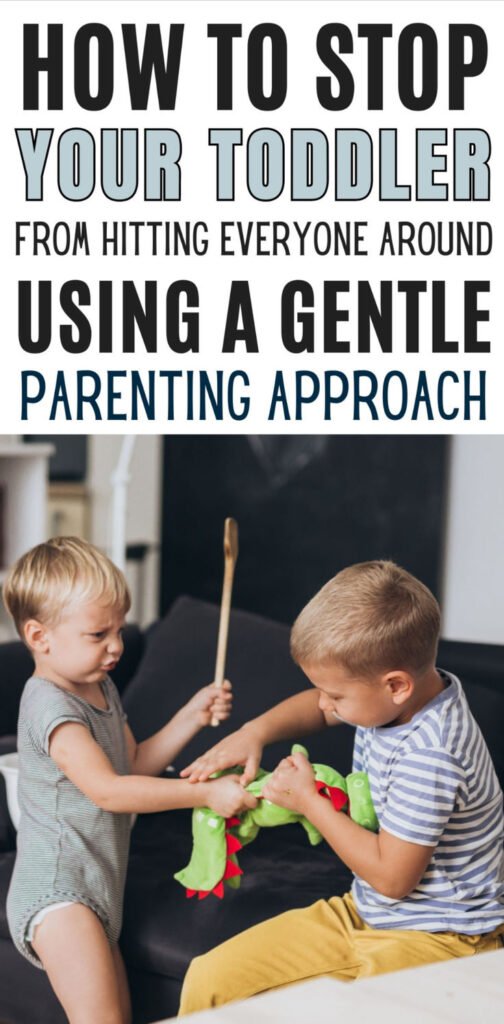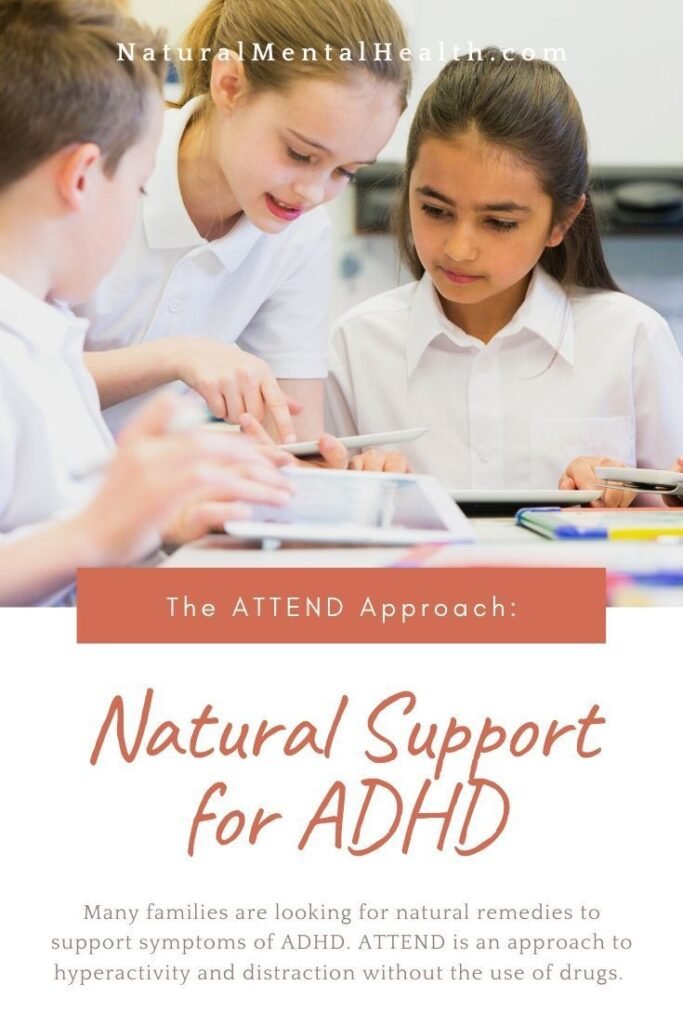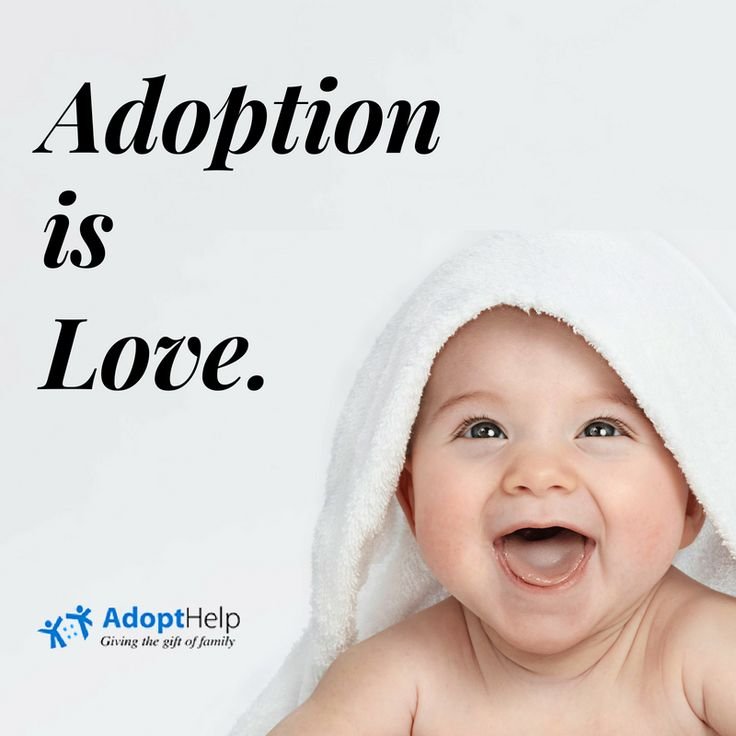When it comes to adoption, many people wonder about the emotional and behavioral development of adopted children. Can an adopted child have positive behaviors like tickling? This question highlights a fundamental concern about how adopted children adjust to their new families and how their behavior evolves over time. In this article, we will discuss whether adopted children can display affectionate and playful behaviors, like tickling, while exploring their emotional development and attachment with adoptive families.
Table of Contents
Understanding Positive Behaviors in Adopted Children
The query can an adopted child have positive behaviors like tickling addresses a deeper aspect of emotional bonding and behavioral expression. Positive behaviors, such as playful actions, affectionate touch, and laughter, are essential for a child’s social and emotional development. Adoption introduces unique challenges but also presents opportunities for the child to develop healthy behaviors.
Playful interactions like tickling are often seen as signs of trust, comfort, and emotional security between a child and their caregiver. If a child engages in tickling or similar positive behaviors, it is an indication of a secure attachment and an ability to express joy and affection.
The Role of Attachment in Adopted Children
The development of attachment is critical to answering the question: can an adopted child have positive behaviors like tickling? Attachment refers to the emotional bond that forms between a child and their primary caregiver. In adopted children, this bond may take time to develop, but it is the foundation for all positive behaviors.
When an adopted child feels secure and loved, they are more likely to express playful and affectionate behaviors. Tickling, for example, often occurs in environments where a child feels safe and trusts their caregiver. It is a natural, playful interaction that reflects joy and emotional connection.
Can an Adopted Child Have Positive Behaviors Like Tickling Early On?

Many adoptive parents may wonder if their child will exhibit behaviors like tickling early in the adoption process. The timeline for developing positive behaviors varies for each child. Factors such as the child’s age, past experiences, and the adoption environment play a significant role.
Positive behaviors like tickling often emerge when a child begins to feel secure in their new home. For some children, this may happen within weeks, while others may need months or even years to fully adjust. Understanding that each child’s emotional journey is unique can help parents provide the patience and support needed for these behaviors to develop.
The Importance of Play in Emotional Development
To address the question, can an adopted child have positive behaviors like tickling, it’s essential to understand the role of play in a child’s development. Play is more than just fun; it is a critical part of how children learn, build relationships, and express emotions.
Tickling is a playful behavior that often involves laughter, physical touch, and bonding. It strengthens the connection between the child and the caregiver, encouraging trust and emotional safety. For adopted children, engaging in play can be a powerful tool for overcoming any past emotional challenges and building positive relationships in their new family.
How Trust Influences Positive Behaviors
Can an adopted child have positive behaviors like tickling? The answer lies largely in trust. For an adopted child to exhibit behaviors like tickling, they must feel secure and trust their caregivers. Trust is built through consistent, loving interactions, where the child learns that their needs will be met, and they are safe.
Children who have experienced neglect or trauma before adoption may initially struggle with trust. However, with time, nurturing, and patience, they can learn to feel secure and express positive behaviors, including playful interactions like tickling.
Positive Behaviors as Indicators of Healthy Adjustment

When answering can an adopted child have positive behaviors like tickling, it’s important to recognize these behaviors as signs of healthy adjustment. Positive behaviors such as tickling, laughing, and showing affection indicate that the child is forming healthy emotional bonds and feels safe in their new environment.
Adoptive parents should celebrate these behaviors as milestones in their child’s emotional growth. Positive behaviors suggest that the child is learning to trust, love, and express joy—all essential elements of a fulfilling family life.
Factors That Influence Positive Behaviors in Adopted Children
There are several factors that determine whether an adopted child will develop positive behaviors like tickling. These include:
- Age of Adoption: Younger children often adapt more quickly to new environments and form attachments more easily, leading to earlier displays of positive behaviors like tickling.
- Previous Experiences: Children who have faced neglect or trauma may take longer to develop trust and exhibit positive behaviors.
- Adoptive Family Dynamics: A loving and supportive family environment fosters trust and emotional growth.
- Parental Patience and Support: Adoptive parents who invest time and effort into building a bond with their child can help facilitate the development of positive behaviors.
By understanding these factors, adoptive parents can better answer the question: can an adopted child have positive behaviors like tickling and take steps to encourage healthy emotional development.
Encouraging Positive Behaviors in Adopted Children
If you are wondering can an adopted child have positive behaviors like tickling and want to encourage such behaviors, here are some tips:
- Create a Safe Environment: Ensure your home is a place of emotional and physical safety. A secure environment helps children feel comfortable enough to express themselves.
- Build Trust Through Consistency: Be reliable, loving, and patient. Consistent care helps children learn to trust their caregivers.
- Engage in Play: Playful interactions, including tickling, help build bonds and encourage positive behaviors.
- Be Attuned to Their Needs: Pay attention to the child’s emotions and provide comfort when needed. This fosters a sense of security and attachment.
- Celebrate Small Milestones: Positive behaviors like laughing, tickling, and showing affection are significant achievements for adopted children. Celebrate these moments as signs of progress.
Can an Adopted Child Have Positive Behaviors Like Tickling in the Long Term?
The answer to can an adopted child have positive behaviors like tickling is a resounding yes. In the long term, adopted children can develop strong emotional bonds and display playful behaviors, provided they receive love, care, and support.
Adopted children, like any other children, thrive in environments where they feel valued and secure. Positive behaviors, such as tickling and affectionate touch, are natural outcomes of healthy emotional development.
The Psychological Impact of Positive Behaviors
Understanding the psychological impact helps further clarify can an adopted child have positive behaviors like tickling. Positive behaviors play a crucial role in a child’s mental health. Tickling, laughter, and affection can reduce stress, improve mood, and strengthen relationships between children and their caregivers.
For adopted children, who may have faced emotional challenges, these positive interactions provide healing and create new emotional pathways. Over time, such behaviors contribute to the child’s overall well-being and sense of belonging.
Overcoming Emotional Barriers in Adopted Children
While answering the question can an adopted child have positive behaviors like tickling, it’s important to address emotional barriers. Some adopted children may struggle with trust, fear, or anxiety due to their past experiences. These barriers can delay the development of positive behaviors.
However, with love, patience, and therapeutic support when necessary, adopted children can overcome these barriers. Over time, they can learn to trust their caregivers and exhibit positive behaviors like tickling.
Also read LLM Knowledge Graph Drug Purpose: Exploring Its Role in Drug Discovery and Development
Conclusion: Can an Adopted Child Have Positive Behaviors Like Tickling?
In conclusion, can an adopted child have positive behaviors like tickling? Absolutely. Positive behaviors, such as tickling, laughing, and showing affection, are achievable for adopted children when they feel safe, secure, and loved.
Tickling is more than just playful fun; it represents trust, connection, and joy. Adoptive parents play a crucial role in fostering these behaviors by creating a nurturing environment, building trust, and celebrating their child’s progress.
With patience, care, and understanding, adopted children can thrive emotionally and develop the positive behaviors that reflect their growth, happiness, and sense of belonging. So, to anyone wondering, can an adopted child have positive behaviors like tickling? The answer is a heartfelt yes.


